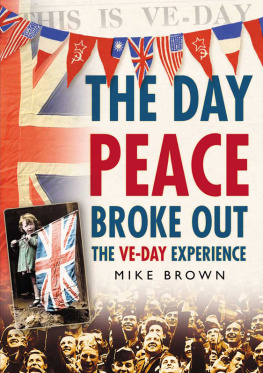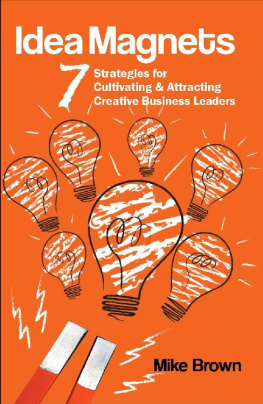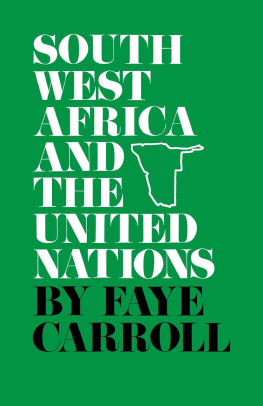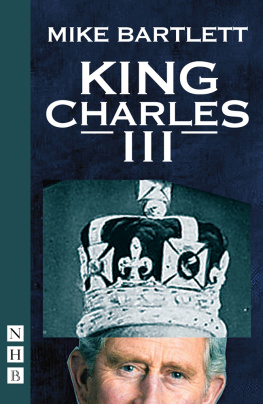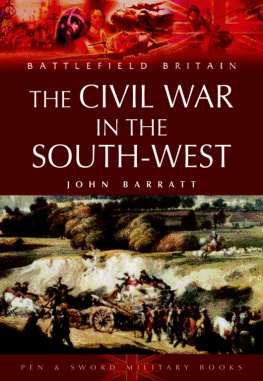THE DAY
PEACE
BROKE OUT
THE VE-DAY EXPERIENCE
MIKE BROWN

First published in 2005 by Sutton Publishing Limited
The History Press
The Mill, Brimscombe Port
Stroud, Gloucestershire, GL5 2QG
www.thehistorypress.co.uk
This ebook edition first published in 2013
All rights reserved
Mike Brown, 2005 2013
The right of Mike Brown to be identified as the Author of this work has been asserted in accordance with the Copyright, Designs and Patents Act 1988.
This ebook is copyright material and must not be copied, reproduced, transferred, distributed, leased, licensed or publicly performed or used in any way except as specifically permitted in writing by the publishers, as allowed under the terms and conditions under which it was purchased or as strictly permitted by applicable copyright law. Any unauthorised distribution or use of this text may be a direct infringement of the authors and publishers rights, and those responsible may be liable in law accordingly.
EPUB ISBN 978 0 7509 5317 7
Original typesetting by The History Press
Contents
CHAPTER 1
Whose Victory?
At the time of the Munich Crisis in September 1938, popular sentiment in Britain had been heavily anti-war; cries of Stand by the Czechs had been drowned out by calls for peace. When Neville Chamberlain returned from Munich promising Peace for our time, he received a heros welcome, cheered by crowds at the airport, cheered by crowds at Buckingham Palace and cheered at Downing Street where the crowd was so big that the police had trouble controlling it.
Yet public opinion, often fickle, was changing rapidly. People had been scared out of their wits, and that would not happen again. The French historian Andr Maurois wrote:
In January 1939 I went to Great Britain for a lecture tour that took me into all corners of the country. There I found out that public opinion was now ahead of the government. The latter was hesitating to adopt conscription; the country was energetically demanding it. Everywhere English men and women of all classes said to me, We must not allow this man Hitler to dominate Europe; we must have a large army and a strong air force.
When war was declared in September 1939 Britain entered it confident of victory and, what is more, a swift victory. The BEF embarked for France to the sound of bands playing Were gonna hang out the washing on the Siegfried Line, a popular hit of the period. Propaganda began immediately. The press was full of pieces describing German losses and Allied advances. On 14 September, for example, the Daily Mirror reported:
Saarbrcken, the key German city across the River Saar, is now surrounded by French troops... The French advance continues. On a front of more than twenty-five miles many German villages have been captured... important positions, and notably some good observation posts, have been occupied... Heavy French tanks crashed through the German pillboxes and barbed wire entanglements. German losses, it is stated, are so great that the number of doctors and nurses available is insufficient to deal with them.
The same newspaper reported a Polish communiqu stating that, Polish troops had taken 1,000 German prisoners after routing a German division in the region of Kutno, west of Warsaw.
Two days later the Daily Mirror announced that:
The British Navy is already driving the U-Boats off the sea... Hitlers troops were reported last night to be retreating from their advance positions all along the northern flank of the western front... Saarbrcken itself was reported... to have been reduced to ruins by bombardment from the Maginot forts... German hopes of an early peace are dwindling; rationing is tighter even cat and dog food is rationed; the French offensive on the Western Front is causing mass evacuation of German towns.
Despite such grand claims, the result of the war in Poland was a foregone conclusion. France and Britain, having entered the war in support of Poland, were in reality able to offer little but encouragement. The Polish Army fought with great tenacity, but its German opponents were vastly superior in terms of numbers, training and equipment and, perhaps most telling of all, the Luftwaffe had established complete mastery of the air in the first few days; this it ruthlessly exploited.
On 17 September, Russia took a hand; the Red Army invaded eastern Poland. As ever, Poland was the meat sandwiched between its two great neighbours. The inevitable end came when Warsaw surrendered on the 27th; the first test of the tactics of Blitzkrieg (Lightning War) was a resounding success. Hitler now laid his plans for the rest of Europe. On 9 October preparations were set in motion for an offensive action on the northern flank of the Western front crossing the area of Luxembourg, Belgium and Holland.
The fall of Poland seemed to leave the war in a kind of limbo. After all, the Allies had gone to war because of the German invasion; what was now the point of continuing? On 6 October Hitler put out peace feelers through neutral countries, but public opinion both in Britain and France had swung completely since the wave of pacifism that had engulfed them in September 1938. Hitlers attack on Poland had underlined his untrustworthiness. Propaganda had proved so successful that the British and French publics had no doubt who would win. It was said, just like in 1914, that it might be all over by Christmas, and that this time Hitler had bitten off more than he could chew. It was high time he was taught a lesson, and the Allies, safe from attack behind the massive fortifications of the Maginot Line, were just the ones to do it. On the 12th, Hitlers peace offer was rejected.
The Daily Express of 2 November carried an article giving the views of a Dr Rosinski:
Very few of the leading [German] professional soldiers believe in a lightning victory. That is the pet idea of the Nazi politicians. The German generals have few hopes of being able to follow the classic German strategy of moving very rapidly so as to turn their enemies flanks. They may not even be anxious to invade Holland or Belgium, or Switzerland to give them the chance of doing this. They are thinking... of frontal attacks. These are not to be decided by a sudden stroke, but by a long struggle. One side will eat away the enemys position until he collapses... the Germans have lost their old pre-eminence in what is called the higher study of war.
The theme of much Allied propaganda, repeatedly expressed by experts, was that the Germans did not have the stomach, and more importantly the raw materials, for a long war.
On 5 April Chamberlain made a speech that, in retrospect, seems to have been sorely tempting fate, After seven months of war, I feel ten times as confident of victory as I did at the beginning. Hitler has missed the bus. He little knew that a month before, on 3 March, Hitler had ordered the invasion of Norway and Denmark. Just four days after Chamberlains speech the Phoney War came to an abrupt end as German forces carried out their invasion plans; Denmark was a walkover, surrendering the same day, but Norway was a harder nut. It was at this time that the rest of Europe learnt a new name and a new fear. Vidkun Quisling, an extreme right-wing Norwegian politician, had been having secret meetings with German agents for some time. The original German plan had been for his supporters to seize power with some German support. A back-up plan was prepared based around surprise German troop landings; this plan soon superseded the original one, to the extent that Quisling and his supporters were kept ignorant of any details. Apart from serious losses suffered by the German Navy, the landings themselves were successful, with very little, if any, help from Quislings supporters, but it suited all sides to claim that their part had been a vital one.
Next page
